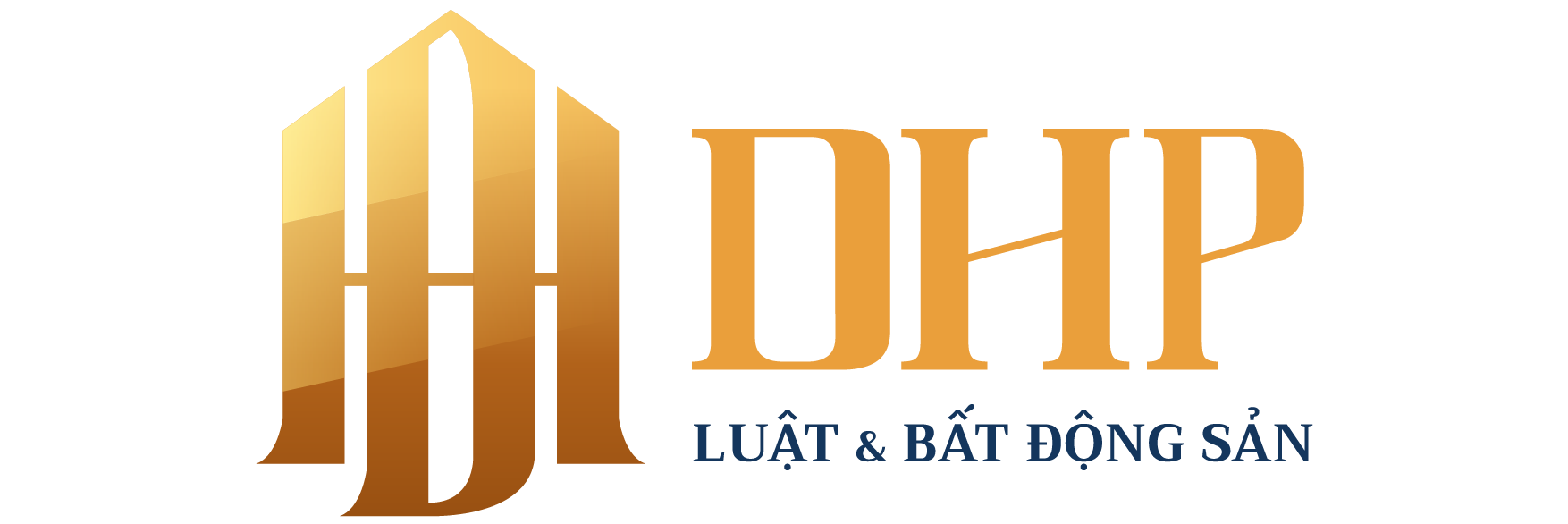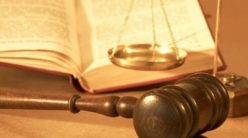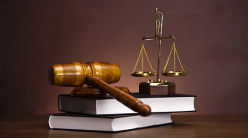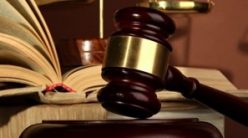After questioning the involved parties, the lawyer asked the jury to answer two questions and was answered by the panel. However, when the lawyer continued to ask questions, the trial panel declared that it was not obliged to answer all questions of the participants in the trial and continued the trial…
Recently (September 19), the People’s Court of Binh Thanh District (HCMC) had first-instance hearing on the divorce of Mr. L and his wife. Accordingly, Mr. L. requested a divorce from Ms. H. and was divided into a parcel of land. of two parcels of land that he considers common property.
Image for illustration purposes only (Internet source)
Answer first, then refuse?
Notably, at the trial, during the questioning, the lawyer defending Ms. H.’s parents (who had related interests and obligations) raised two issues that required the trial panel to answer.
The first problem, when Mr. L. filed for divorce from Ms. H. and requested to be divided into a land plot, Ms. H’s parents also filed a lawsuit requesting to cancel the two land use right transfer contracts signed between Ms. H.’s parents with Mr. L.’s wife because they thought they were deceived. The court then merged the two cases for a joint settlement. According to the lawyer, when entering a sentence must be consented by the plaintiff, why did the court enter the case only at the request of Mr. L. without consulting Ms. H’s parents?
The second issue, the lawyer said that the People’s Committee of Binh Thanh District was the person summoned by the court to participate in the trial but had an application for trial in his absence. According to the lawyer, the Chairman of the People’s Committee is the representative of the People’s Committee to participate in the trial or can only authorize the deputy to participate in the trial, and this person cannot re-authorize another person. So who is the representative of Binh Thanh District People’s Committee involved in this case?
In response to these two questions of the lawyer, the jury decided to take a break for consultation. After the pause, the jury answered the above two issues.
Regarding the first issue, the Trial Panel said that the law does not stipulate that when the court merges two lawsuits, the opinion of Mrs. H’s parents must be consulted. Because according to Article 42 of the CPC, the court may merge two or more cases that have been handled separately. separate into a case for settlement if the importation and settlement in the same case ensure lawfulness. According to the Trial Panel, when entering a case, the court only has to issue a decision and immediately send it to the procuracies of the same level, the involved parties, related agencies, organizations and individuals without consulting the involved parties.
Regarding the second issue, the Trial Panel said that according to the provisions of Clause 3, Article 60 of the Law on Administrative Procedures, the chairperson of the district-level People’s Committee can only authorize the vice president to participate in the proceedings. However, this is a civil case and the People’s Committee participates as a person with related interests and obligations, so according to Articles 85 and 87 of the CPC, the Chairman of the People’s Committee may authorize a professional person to participate. .
After listening to the jury’s answer, the lawyer continued to ask the jury question: Who is the Chairman of the People’s Committee of Binh Thanh District who authorized the “professional person”? What law prescribes?
At this point, the presiding judge said that the trial panel had no obligation to answer all questions of the participants and continued the trial without answering the lawyer’s questions.
The court is not obligated to answer
The above situation raises a legal problem: According to current regulations, is the trial panel obliged to answer questions of the litigant, and the lawyer to protect the litigant on issues related to the case? If yes, at what part (procedure to start the trial, question, argument, etc.) of the trial?
According to lawyer Trinh Van Hiep (Deputy Chairman of the Bar Association of Quang Nam Province), in the part of the procedure for starting the trial (Article 239 of the CPC), after the presiding judge opens the trial, the rights and obligations of the court are disseminated. the involved parties and other procedure participants, the involved parties and defense counsels have the right to raise their claims according to the provisions of the CPC and request the trial panel to consider and settle them. In case the trial panel has responded to the request of the involved party or defense counsel, but the involved party or defense counsel continues to request the panel to consider and further settle such request, the panel shall have the right not to reply. again.
Besides, if the involved parties or their defense counsels disagree with the panel’s response, they have the right to reiterate the content requested by the panel to consider and settle in the argument.
However, in the questioning part, after listening to the litigant’s presentation, the litigant’s defense under the direction of the presiding judge will be asked to question the involved parties in the order of questions specified in Article 249 of the CPC without being asked questions. any questions to the jury. That means the jury is not obliged to answer the lawyer’s question.
With the same opinion, Dr. Nguyen Van Tien (Deputy Faculty of Civil Law, Ho Chi Minh City University of Law) also said that for two questions asked by the lawyer, the jury answered correctly in accordance with the law. As for the representative of the People’s Committee to participate in civil proceedings, Dr. Tien also explained that in civil cases, the representation regime applies according to the provisions of the Civil Code. According to Articles 137 and 138 of the 2015 Civil Code, it is not illegal for the Chairman of the People’s Committee to authorize a professional officer to participate in the trial.
Source: According to plo.vn
For support and advice on Business, Investment, Litigation, etc. in the best way, please contact us with the following information:
DHP LAW
Address: L4-09. OT06 Landmark 4 Building Vinhomes Central Park, 720A Dien Bien Phu, Ward 22, Binh Thanh District, Ho Chi Minh City








